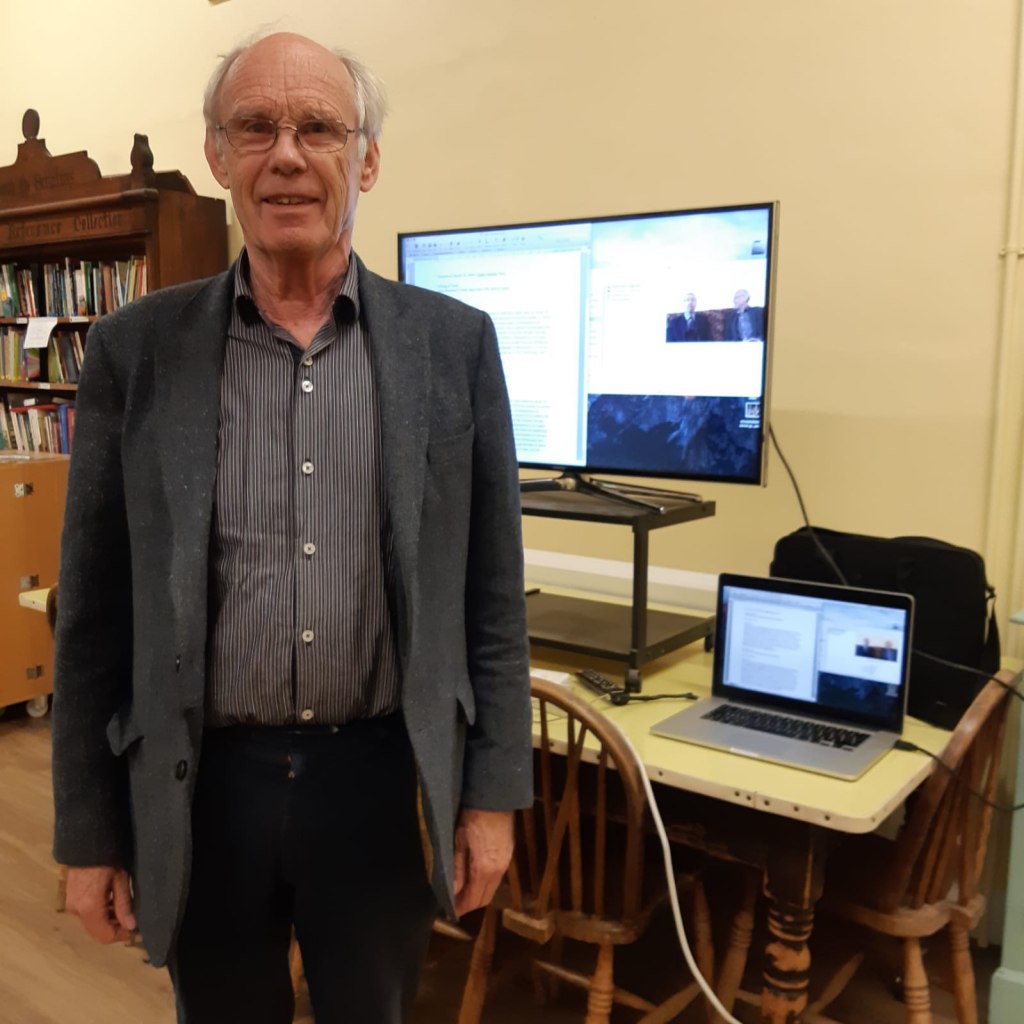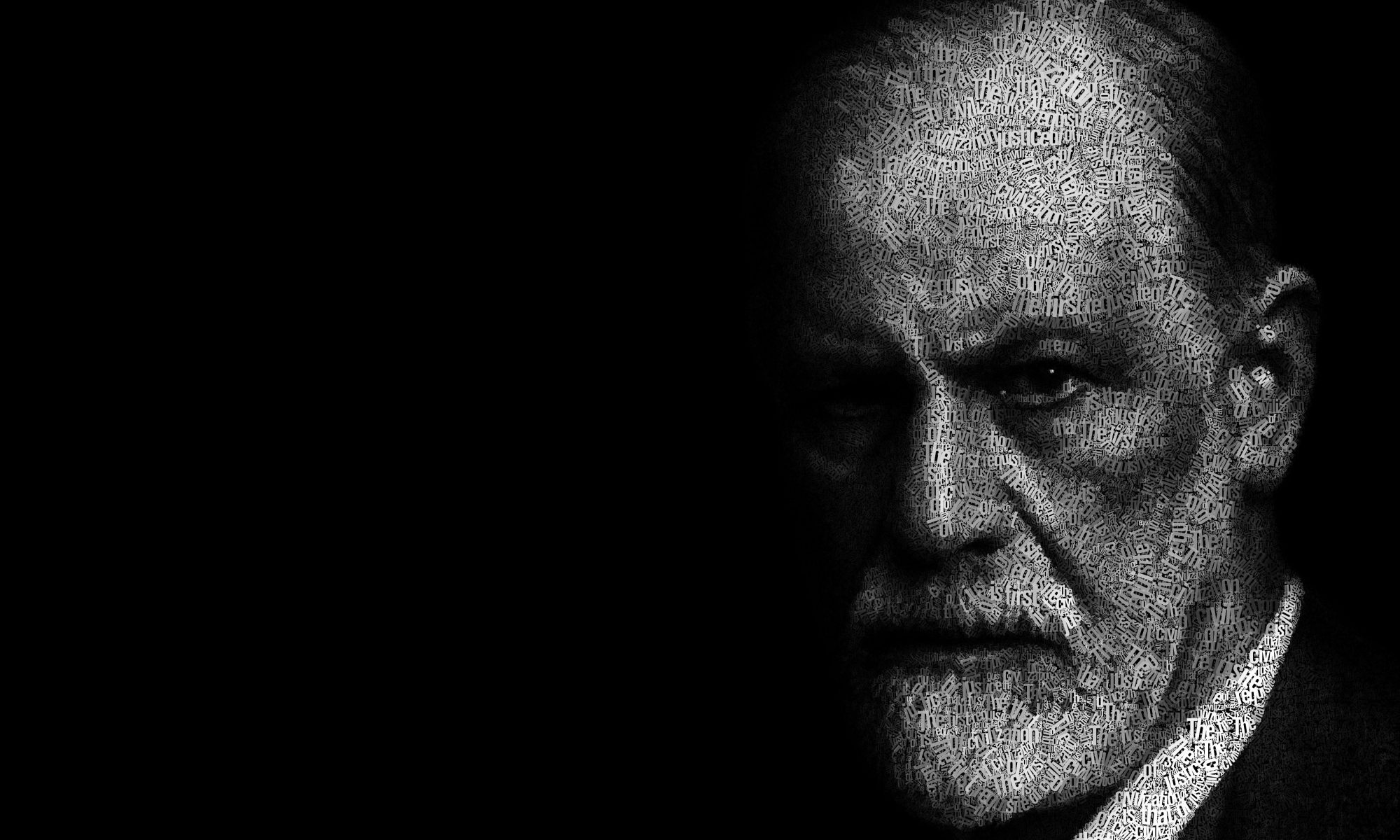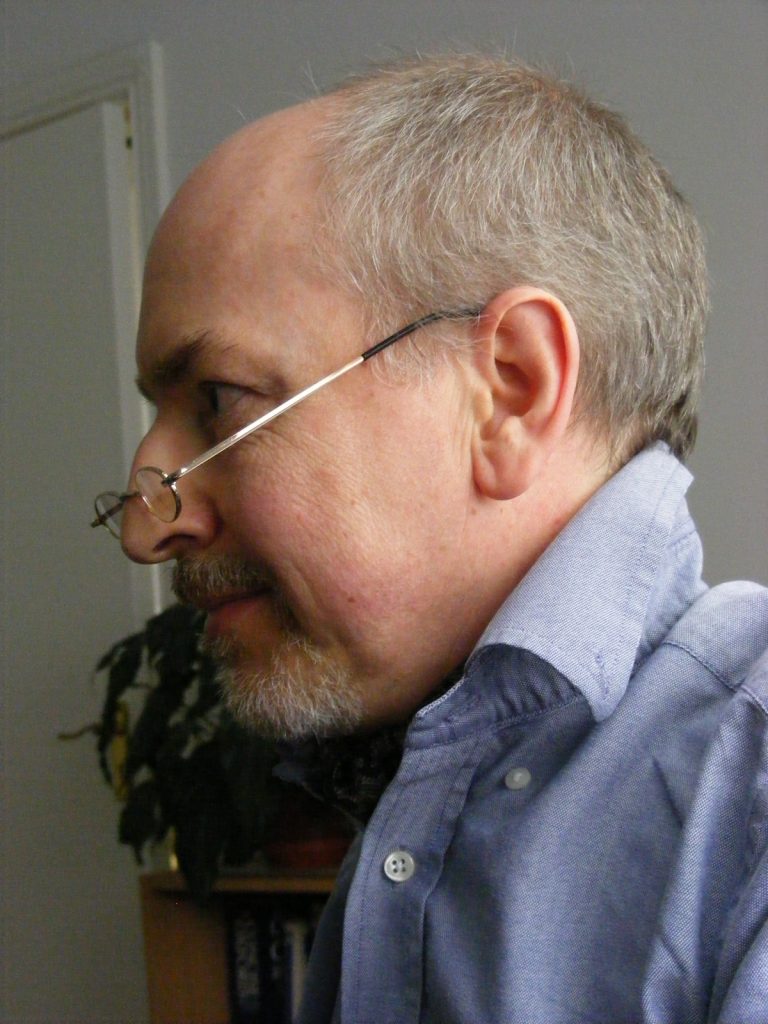In Thais, a Cenobite Monk, Atanael, travels to the city of his birth to try to convert Thais, a courtesan and priestess of Venus. He is warned against this course of action by others advising that he will suffer the revenge of Venus. He and Thais have a long and dramatic journey together replete with the conflict between earthly love and the eternal love of god in heaven.
The opera forms the backdrop to a video art presentation which was specially commissioned for our conference.
It is the work of Robin Buick RHA who is an Associate Member of our Group. He is a sculptor, artist and film editor and is currently an officer of the Royal Hibernian Academy.
His film is based around a talk entitled ‘Circumcision, Self-Analysis and Countertransference’ which he was writing for the Monkstown Group. It is based on the work of Carlo Bonomi.
Following the extraordinary interest after its first showing at this year’s IPAA conference, we are hosting a special showing with Q&A from the artist on Sept 14 at the Lexicon theatre Dun Laoghaire.
You can register for the event here.

Carlo is President of the International Sandor Ferenczi Network, a training and supervising analyst at the Societa Italiana di Psicoanalisi e Psicoterapia Sandor Ferenczi based in Florence Italy. Carlo’s major work is a Two Volume exploration of Freud’s work and inner life and his relationship with Sandor Ferenczi.
The Cut and the Building of Psychoanalysis examines Freud’s inner life and influences based on new interpretations of his dreams and his self-analysis. It explores how the trauma associated with the surgery performed on his patient Emma Eckstein influenced him and his construction of his theories of trauma.
Citing what she called ‘Freud’s neglect of the feminine’ Judith Dupont writes that Freud and Ferenczi interpreted these sources differently ‘resulting in a cut between their two conceptions of psychoanalysis which had lasting consequences on the evolution of the psychoanalytic community, its way of thinking and practicing’.
This video art presentation, named ‘Circumcision’ illustrates these conflicts symbolically thought the artist’s attempts to put together his thoughts for his talk and his own analysis. It was recently shared at our 2019 Conference, the Budapest School of Psychoanalysis: Ferenczi, the Balints and Beyond.
Join us for a special showing with Q&A from the artist on Sept 14 at the Lexicon theatre Dun Laoghaire.
We hope you enjoy the experience.
You can register for the event here.



